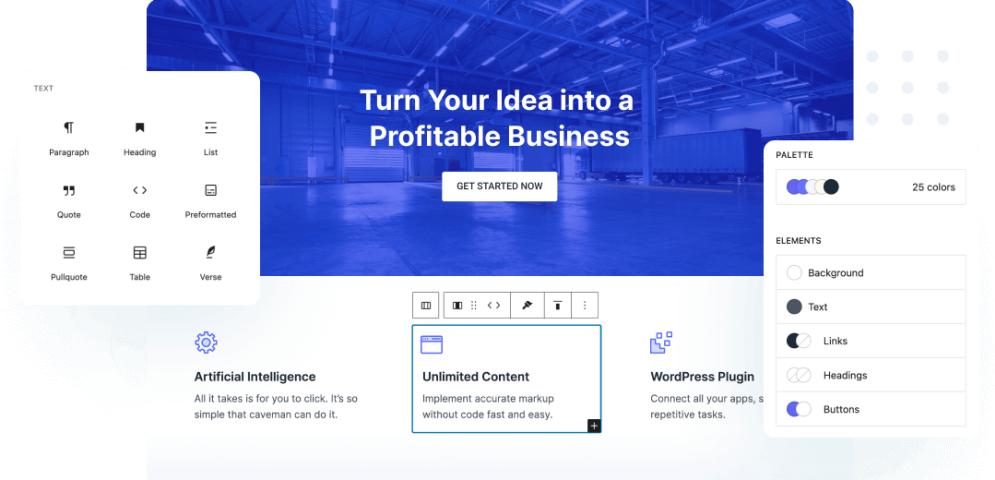Starting a business is not just about having a great idea; understanding economic principles is crucial for success. Entrepreneurs must grasp key economic concepts to make informed decisions and ensure sustainability. Here are some fundamental economic principles every startup should understand:
1. Supply and Demand
The relationship between supply and demand dictates prices and market dynamics. Startups must analyze market demand for their product or service and adjust their supply accordingly to maximize profits.
2. Opportunity Cost
Every decision involves trade-offs. Opportunity cost refers to the benefits foregone when choosing one option over another. Entrepreneurs should evaluate their options carefully to allocate resources efficiently.
3. Marginal Costs and Benefits
Marginal cost is the additional cost incurred to produce one more unit of a product, while marginal benefit is the additional gain from selling that unit. Understanding these concepts helps in pricing strategies and scaling production.
4. Economies of Scale
As production increases, the cost per unit decreases due to economies of scale. Startups that optimize their production processes can reduce costs and enhance profitability.
5. Market Structures
Markets can be classified as perfect competition, monopolistic competition, oligopoly, or monopoly. Recognizing the structure of the industry a startup operates in helps in developing competitive strategies.
6. Cash Flow Management
Maintaining a healthy cash flow is vital for a startup’s survival. Entrepreneurs should ensure that inflows and outflows of cash are balanced to avoid liquidity issues.
7. Inflation and Interest Rates
Economic conditions such as inflation and interest rates impact costs, pricing, and investment decisions. Startups should monitor these factors to make sound financial plans.
8. Business Cycles
The economy moves through cycles of expansion and recession. Understanding these cycles helps startups anticipate market trends and adjust strategies accordingly.
Mastering these economic concepts allows entrepreneurs to navigate the business landscape effectively, make data-driven decisions, and increase the chances of building a successful startup.



















